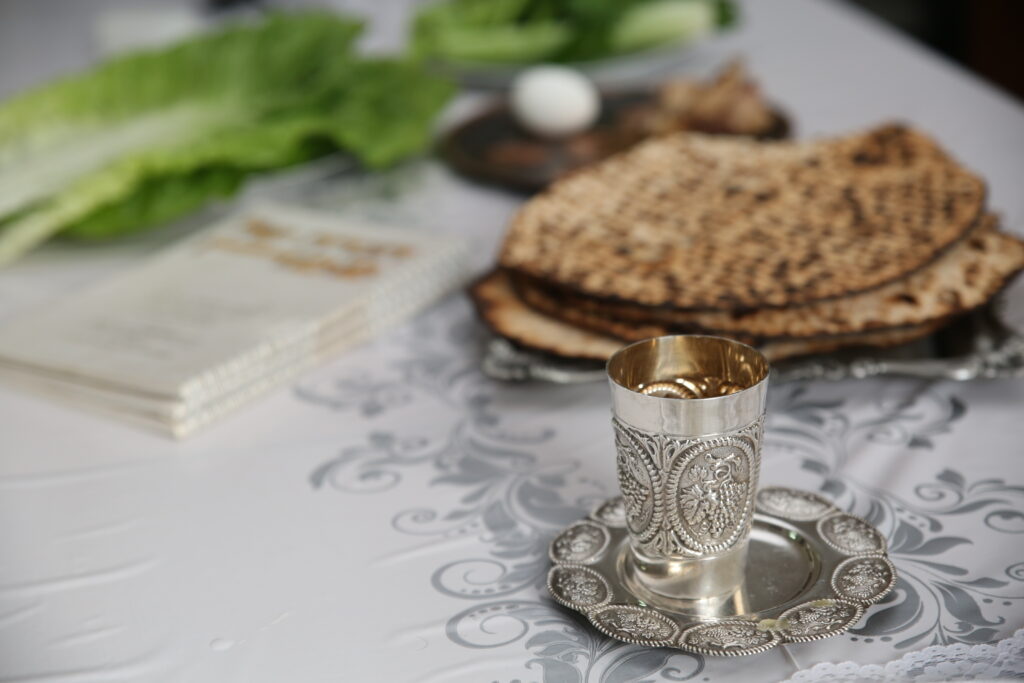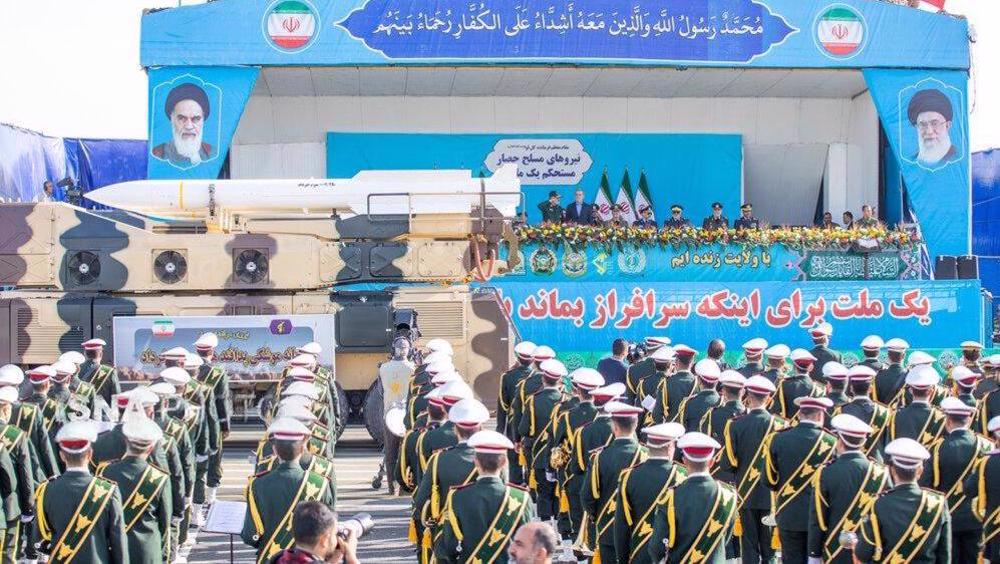IN THE MEDIA
Cancer of the suicide bomber
April 26, 2006 | Bren Carlill
Bren Carlill
Herald-Sun – 26 April 2006
THOSE of us who have lost loved ones to cancer tend to grimace a little more empathetically when we hear of someone falling victim to the disease.
It’s a little more real for us, a little closer to home. The same goes for suicide terrorism.
When you have seen the effects of a suicide bomb, even reading of yet another bomber destroying the hopes and dreams of innocents cuts close to the bone.
I was witness to the bloody devastation wrought by a bomb in a Jerusalem university cafeteria in 2002.
Three months before that I was across the road when a suicide bomber blew apart a mother and her daughter on a warm March afternoon.
And now I have another memory to add to this; the Rosh Hair falafel shop in Tel Aviv, where nine people were murdered in a suicide bombing last week.
I know the shop well. I have eaten there countless times.
The cancer of suicide terrorism has returned to Israel.
Normal headlines can resume. We all saw the headlines trumpeting Palestinian democracy. Terrorist group Hamas was elected democratically, but democracy means freedom of speech, gender equality and the right to free assembly.
Hamas’s policy on these issues is on the public record.
The Palestinian Authority’s new Minister of Culture told the Guardian the first thing he wanted to do was ban alcohol and the mixing of men and women in public places.
And we are not going to allow books with any pictures of Madonna in bed, he said.
These anti-liberal policies are already being implemented.
In Qalqilya, a West Bank city, playing music in the city zoo has been banned, as have the operation of public fountains.
In the most recent crackdown, Hamas wants to close a YMCA building in that city.
Despite the centre employing only Muslims, Hamas says the youth organisation is seeking to disseminate Christianity.
And despite considerable international pressure, Hamas has refused to condemn last week’s suicide attack.
A Palestinian Authority Interior Ministry spokesman supported the bombing, which was carried out by the Iranian-funded Islamic Jihad.
This is a well-established pattern. A year or two ago, the speaker of the Palestinian Parliament also expressed support for a suicide bombing.
Only then, the Palestinian government was Fatah and the suicide bomber Hamas.
Now it is Hamas in power and the Islamic Jihad that is allowed to get away with murder.
PALESTINIAN Foreign Minister Mahmoud al-Zahar has gone to great lengths to stress that Palestinians are ready only for a peace in which Israel does not exist.
“I dream of hanging a huge map of the world on the wall at my Gaza home, which does not show Israel on it,” he said.
“This dream will become real one day. I am certain of this because there is no place for the state of Israel on this land.”
The Hamas Charter of Allah is more explicit.
Its preamble gets right to the point: “Israel will rise and will remain erect until Islam eliminates it as it had eliminated its predecessors.”
It goes on to say peace processes are to be avoided.
According to the charter, the only way for the conflict to be resolved is the eradication of Israel.
Despite the offers of negotiation and withdrawal by the new Israeli Government, Hamas cannot bring itself to recognise the right of Israelis to live, let alone live under their own flag.
Last week’s bombing by an Iranian-supported group, and the supportive statement by the Palestinian Government, has crushed any hope of peace and reconciliation between Israelis and Palestinians in the near future.
The cancer of Islamist suicide terrorism has killed Australians in America, England, Indonesia and Iraq, and it has returned to Israel.
The cure for this cancer appears to be as elusive as that which kills 36,000 Australians every year.
Bren Carlill is a Writer and Policy Analyst with the Australia/Israel & Jewish Affairs Council





